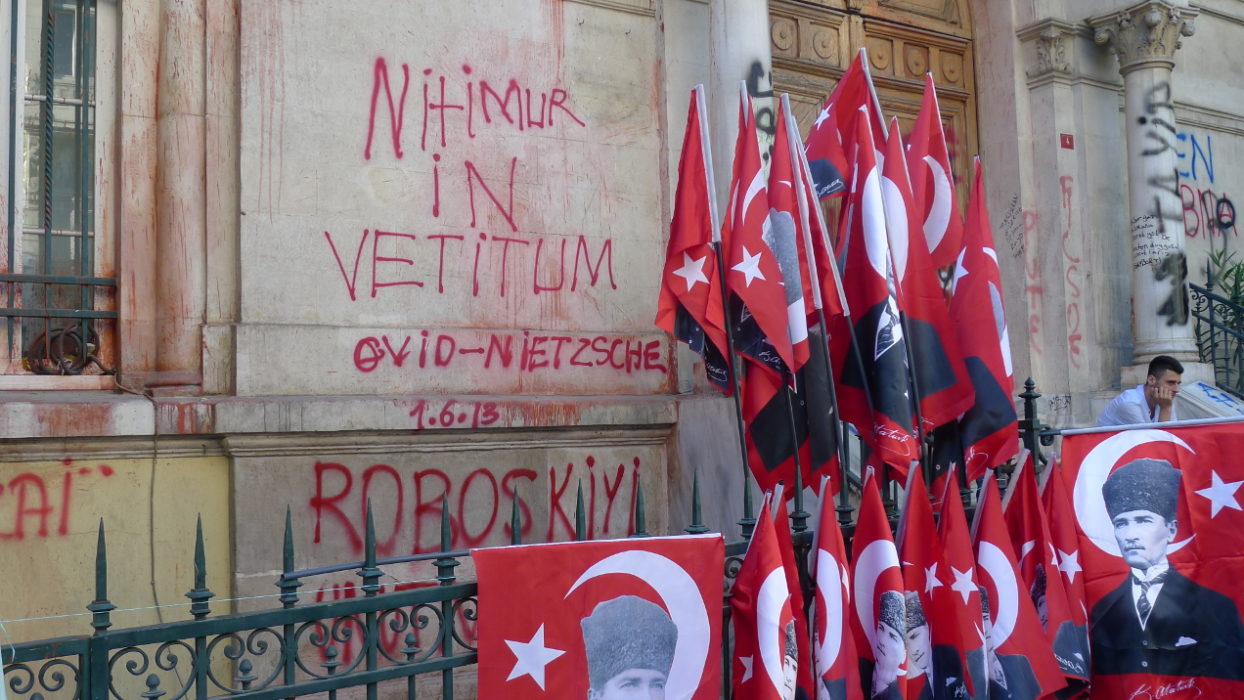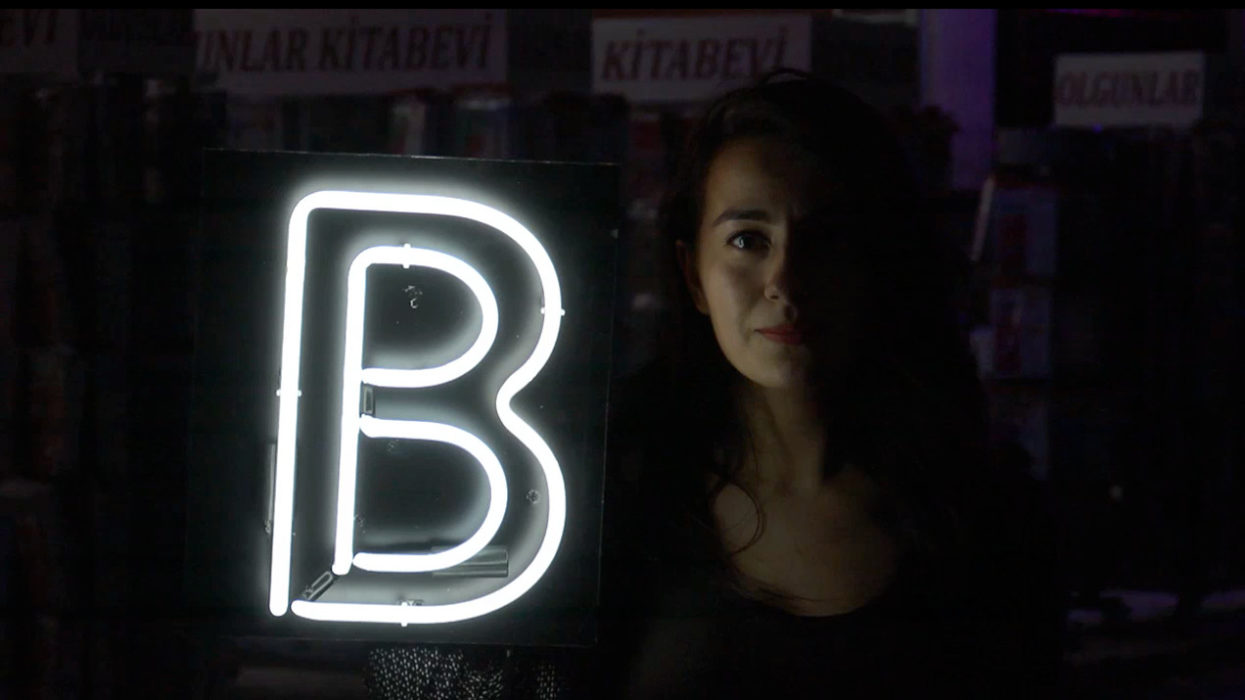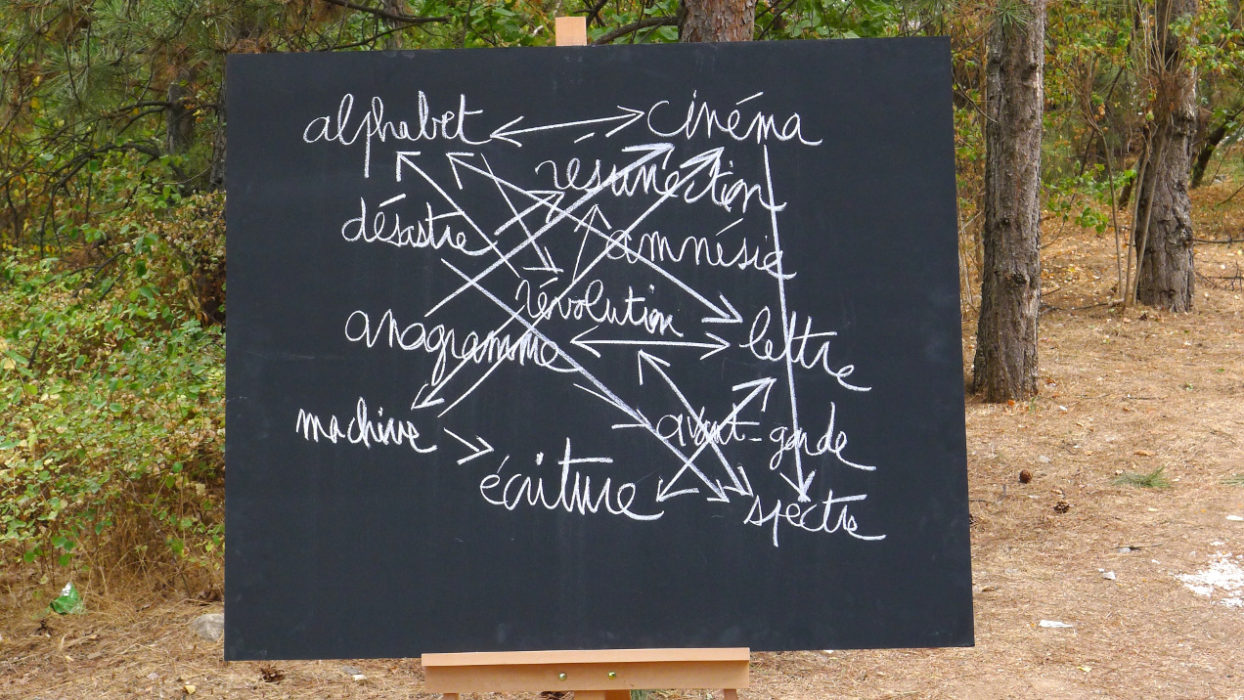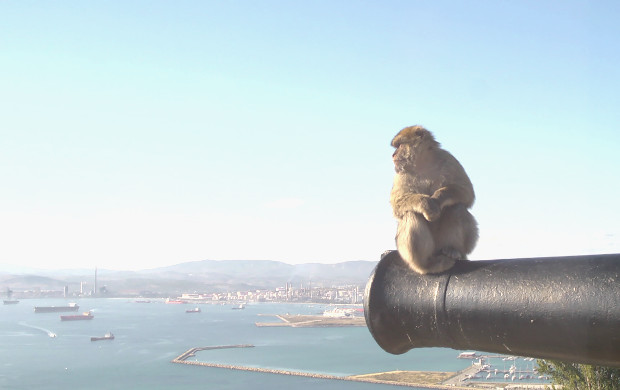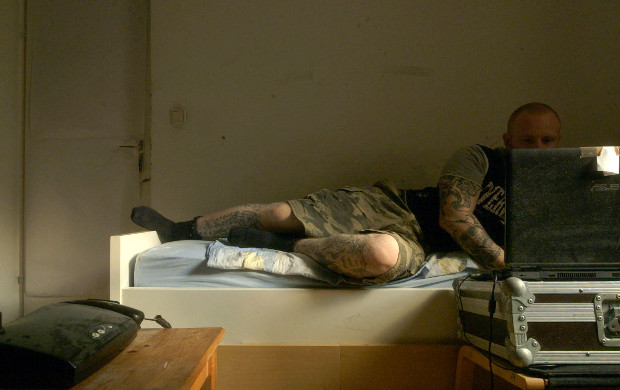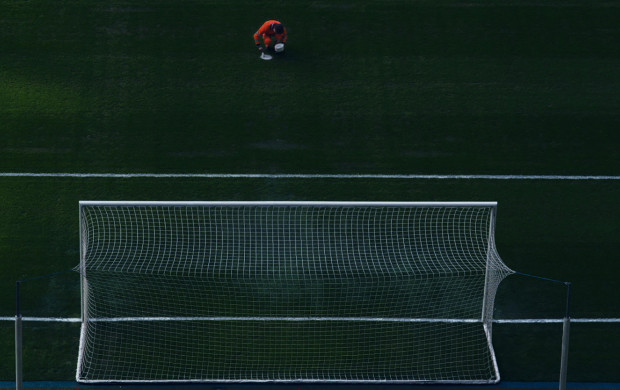La Révolution de l’alphabet
The Alphabet Revolution
- 2014
- France
- 35 minutes
- French; Turkish
Revolution, alphabet, writing, amnesia, spectre, disaster, machine, avant-garde, resurrection, letter, cinema, anagram: the twelve chapters of Érik Bullot’s poetic enquiry are all entry points into understanding the disruption caused by a reform presented as progressive in its time. In 1928, the Turkish Government abandoned the Arabic alphabet in favour of Latin script. What amnesia did this rapid change bring on? What knowledge does mastery of the Arabic alphabet open up for today’s students? And, conversely, to what extent does this transliteration prevent the other Turks from accessing the past? Can “Ottoman Turkish” be resurrected with total confidence in its literality, given that confusion seemingly reigns in people’s minds on the difference of language and that of alphabet? Even the youth chorale singing the 1928 “Alphabet March” at the filmmaker’s request seems to do it half-heartedly, as if drained by the ghostly presence of the hidden alphabet. Setting out to decipher a palimpsest from recent history, the enquiry fortunately comes across the most present letter of all: banners and graffiti from the events at Gezi Park and Taksim Park in Istanbul. No longer the revolution of the alphabet but the alphabet of the revolution. (Charlotte Garson)
- Editing : Léo Lochmann
- Sound : Jean-François Priester
- Photography : Yoann Martineau
- Production / Print source : Capricci Films
